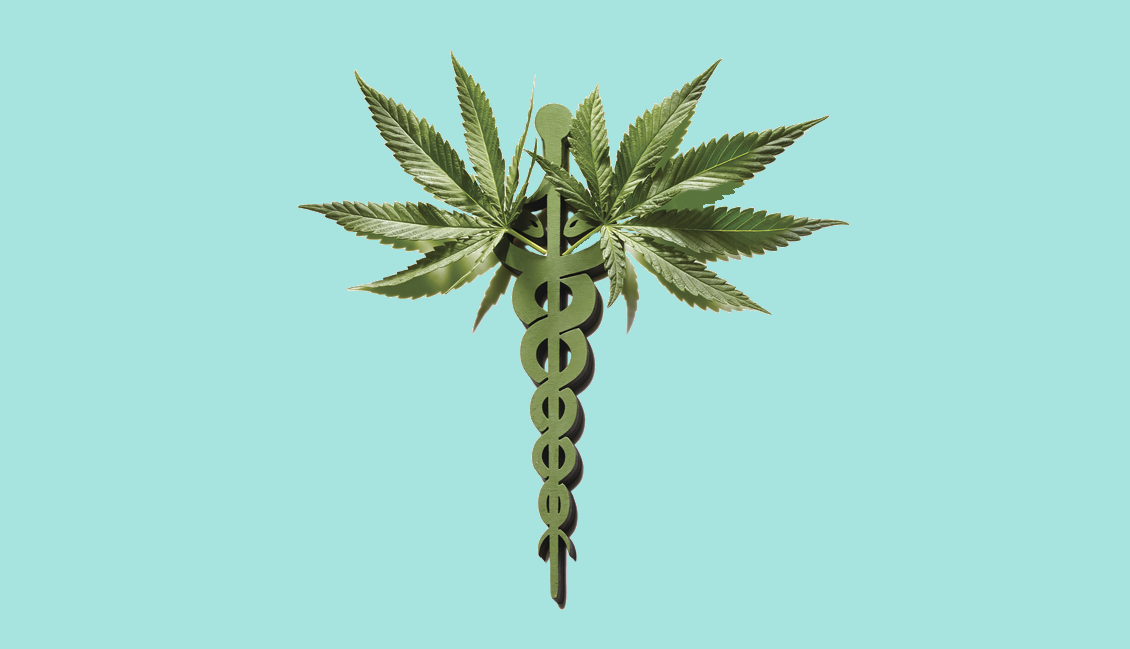AARP Hearing Center


My first experience with medical marijuana was when I was 17. I visited a girlfriend’s house for the first time. It surprised me to see that her father was smoking marijuana in the living room. I’d never seen an adult do that before! My friend explained that her dad had colon cancer. He had become excruciatingly thin and wasn’t expected to live much longer. Pot was the one thing that stimulated his appetite, which kept a little weight on his body and gave him a bit more energy. Unbothered by my awkward questions about her father lighting up a joint in the living room, my friend was happy for anything that could help her dad.
Relief and respite
Fast forward one decade and I was the one caregiving for a parent with terminal cancer. It was an uphill battle to get my mom’s discomfort under control. The side effects of chemotherapy, radiation and medication piled up. Mom wasn’t doing anything except sleeping, but it wasn’t quality rest. I heard her moaning and saw her grimacing in pain. She barely ate and constantly battled nausea and digestive woes. Bag after bag of IV fluids was the only way to stave off dehydration. She was depressed about her illness and about knowing that her body would not survive the cancer. After months of adjustments, trying to find her relief and better quality of life, I gently suggested — and she agreed — it was time to try the one option we hadn’t yet: medical marijuana.
My mom’s cancer had spread throughout her body, including her lungs, so smoking was not an option for her. But edible marijuana was. Although she was a bit hesitant (“It’s not going to make me act weird, is it?” she asked. “Not any weirder than usual,” I joked), she was hopeful that it would help.
The first time my mom tried the edible marijuana, she was able to eat (and keep down!) the medicine along with dinner and even asked for something sweet for dessert. We watched a movie together (her in her living room hospital bed, me curled up on her couch) and it tickled me to see her chuckling at Will Ferrell’s antics. I watched her more than I watched the movie.
For the first time in a long time, she looked relaxed. Almost happy. That night, she slept. No pain. And so, I was able to sleep too. Medical marijuana gave us both respite that night and in her final months of life.
How marijuana can help
Since I experienced caregiving for my mom, several of my family members, friends and clients have shared stories of how they’ve also benefited from medical marijuana. Marijuana use has increased among the population since then — with older adults as one of the fastest-growing populations of cannabis users in the U.S. Nearly 84 percent of Americans believe marijuana should be available for medical use, according to a 2024 Pew Research Center poll.
Despite this, many people don’t know where to start to obtain it, what the laws and rules are surrounding it, and what the “right time” is to consider it an option in the course of managing and living with a disease.
Unfortunately, the patients with the most severe symptoms — the infirm, the immobile and the dying— may have the most difficulty incorporating medical marijuana into their treatment. This is where their caregivers come in.
Caregivers are the front line in helping patients obtain and use marijuana as medicine. And although marijuana is legal in most states for medicinal purposes, that doesn’t mean that patients and caregivers automatically have access to it.





































































More From AARP
How to Set Boundaries as a Family Caregiver
Sometimes saying ‘no’ is the only answer
Create a Respite Care Plan to Give Caregivers a Break
Learn what services and programs are available to help
Members Only
AARP Smart Guide to Keeping Your Memory Sharp
22 science-backed ways to growing a healthier, happier brain, now and in the future
Recommended for You